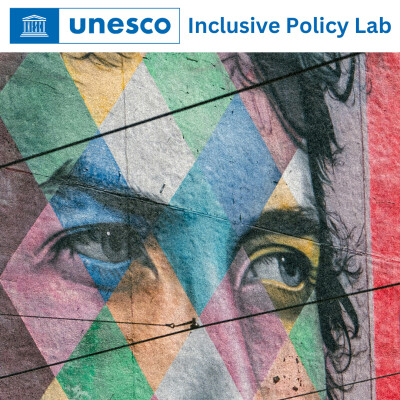Description
Mark Esposito, Professor at Hult International Business School and Adjunct Professor of Public Policy at Georgetown University, joins us today to discuss crisis and resilience. He dissects the concrete markers of a resilient system and discusses what helps it withstand (and possibly thrive in) turmoil. The number of shocks will only increase, hence it is high time to in-build agility and implicit fragility into our systems. When it comes to governance and decision-making, there is a lot of destigmatization that needs to be done on the concept of failure. In crisis, the speed of response and pivoting may be more critical than accuracy. Yet we’re bound by institutional legacies that have not been stress-tested for the mega challenges of today and operate under the assumption that decision-making must be successful 100 percent. How to regroup? Follow his discussion with UNESCO's Iulia Sevciuc for solutions.
Hosted on Ausha. See ausha.co/privacy-policy for more information.






